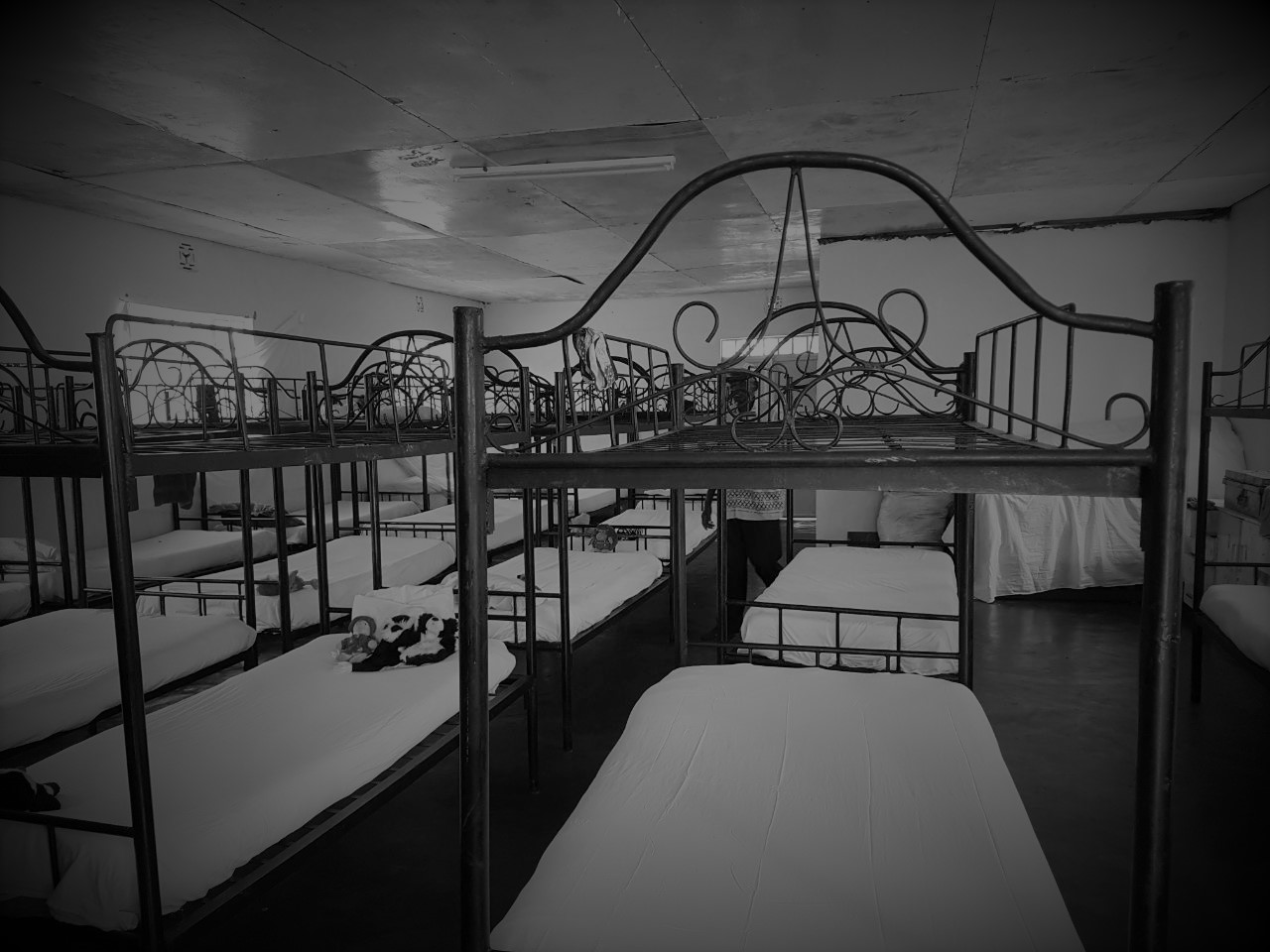The unheard voices of caregivers in orphanages

Like most organisations working in family based care, we frequently highlight the harms of children’s institutions such as orphanages and why it’s important to transition to family-based care and bring children home. However, seldom do we address the issue of the caregivers who work in institutions, many of whom work in poor conditions for low pay, face considerable hardships, and have their labour and human rights violated. The voices and opinions of caregivers are also rarely heard in discussions about care reforms.
Many caregivers in Kenya, sometimes referred to as “houseparents”, live in the institutions where they work, most commonly Children’s Charitable Institutions (CCIs). They frequently work around the clock – and often without breaks – typically caring for more children than stipulated in Kenyan National Standards for CCIs, which at a minimum require one caregiver for no more than 10 children. Many houseparents interviewed by Stahili seldom return home and then only for short periods of time, such as during school holidays.
Some institution staff report having one day off per week, but in return they are required to remain in the institution for six days and tend to children’s needs at all hours. Indeed, long hours are a common feature of the work of caregivers. Josephine, for example, works as a cook in a CCI. She wakes up every day at 4 a.m. and starts her day at 5, preparing meals for children the whole day. She cleans up around 8 pm in the evening. Josephine reports having little time for herself, if at all. Staff often report being at times alone with children as the sole caregiver in an institution and without adequate security at night.
As noted by the International Labour Organisation, “working excessive hours pose[s] a danger to workers’ health and to their families”. In response to long hours and arduous working conditions, houseparents and other institution staff such as cooks have adopted coping mechanisms, with some staff (mostly women) even placing their children in the institution in order to be with them. Some houseparents with children of their own live full-time in institutions. In these circumstances, although the children can be said in a sense to be living with their parents, they are nevertheless in a sense institutionalised – this time as a family. “Housemothers” in this situation have told us that they are unable to give their children the parental love and attention they need as they must treat all children in the institution equally.
For a large number of institution staff, receiving adequate and regular wages is not guaranteed and, in some cases, is dependent on when – or if – the director receives donor funding. Delays or omissions in payment of wages occur frequently. Many of the employees Stahili has encountered are engaged informally in precarious working environments without adequate human resource or child safeguarding policies. Their employers – especially in the case of illegally run institutions – often do not remit the necessary tax or health care payments required by the government. Much of the work is carried out undocumented, placing institution staff at risk. At the same time, without payment of regular and proper wages, there is a danger that institutions may attract and recruit unqualified people to do the job, putting children at risk.
The 2013 National Standards for Best Practices in Charitable Children’s Institutions introduced minimum standards for institutional care in Kenya, regulating key areas such as caregiver-child ratio. However, our experience suggests that the standards are widely flouted and caregivers are commonly providing care for more children than the standards stipulate, which surely is not in the best interests of children.
The well-being, rights and views of caregivers are an important part of the care reform process, both in Kenya and internationally. Caregivers are on the front line of care reform and their rights and welfare should be taken into account during the transition to family-based care.
*The names of individuals referred to in this post have been changed.
One Reply to “The unheard voices of caregivers in orphanages”
Comments are closed.
The type of care giver a child Encounters In the early years of growth affects who they become. These Care givers should not be just anyone for they’re affecting a generation’s view of life. Already being enclosed is damaging.
In my view , a child growing in a family is far much better irrespective of the challenges there’s for this can be taken care of by strengthening of the families and the community.
This orphanage can be transformed to social services centers offering Psychological Counseling, Child Development support activities, Day Cares, Training Institutes for the community to learn about nutrition and parenting among other things.
There’s much to do to replace these institutions